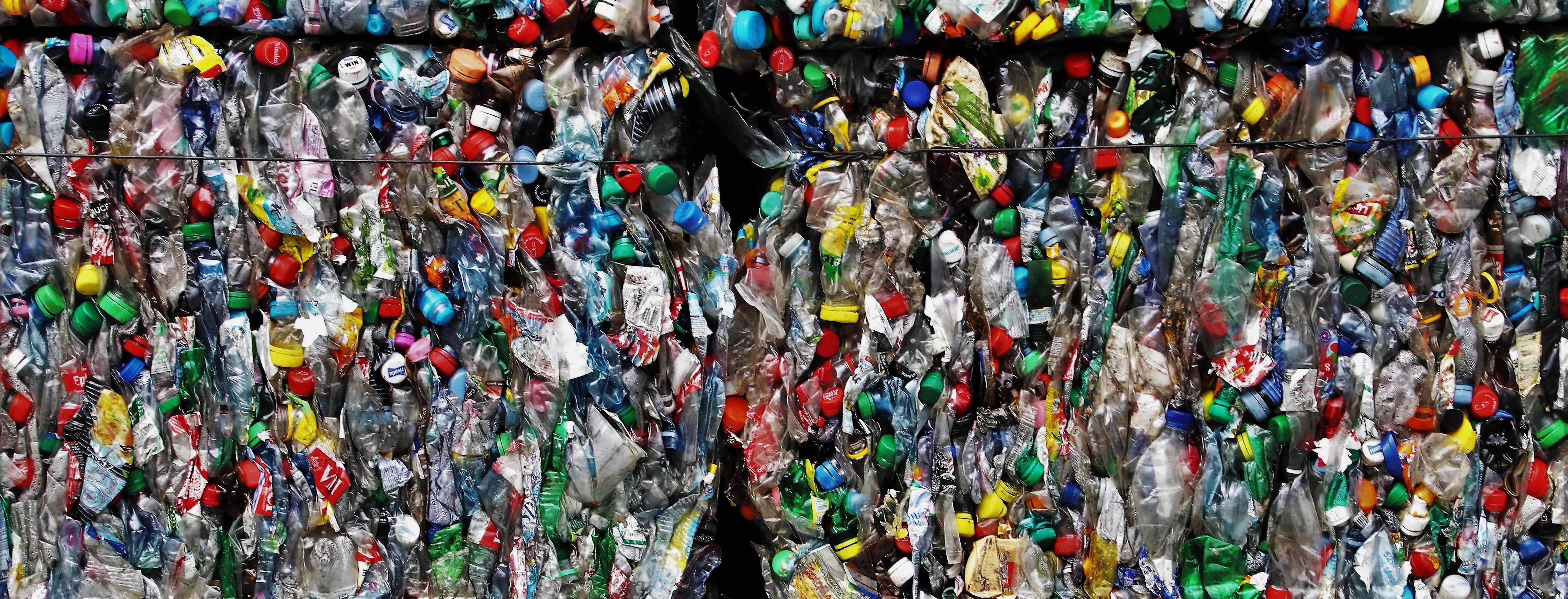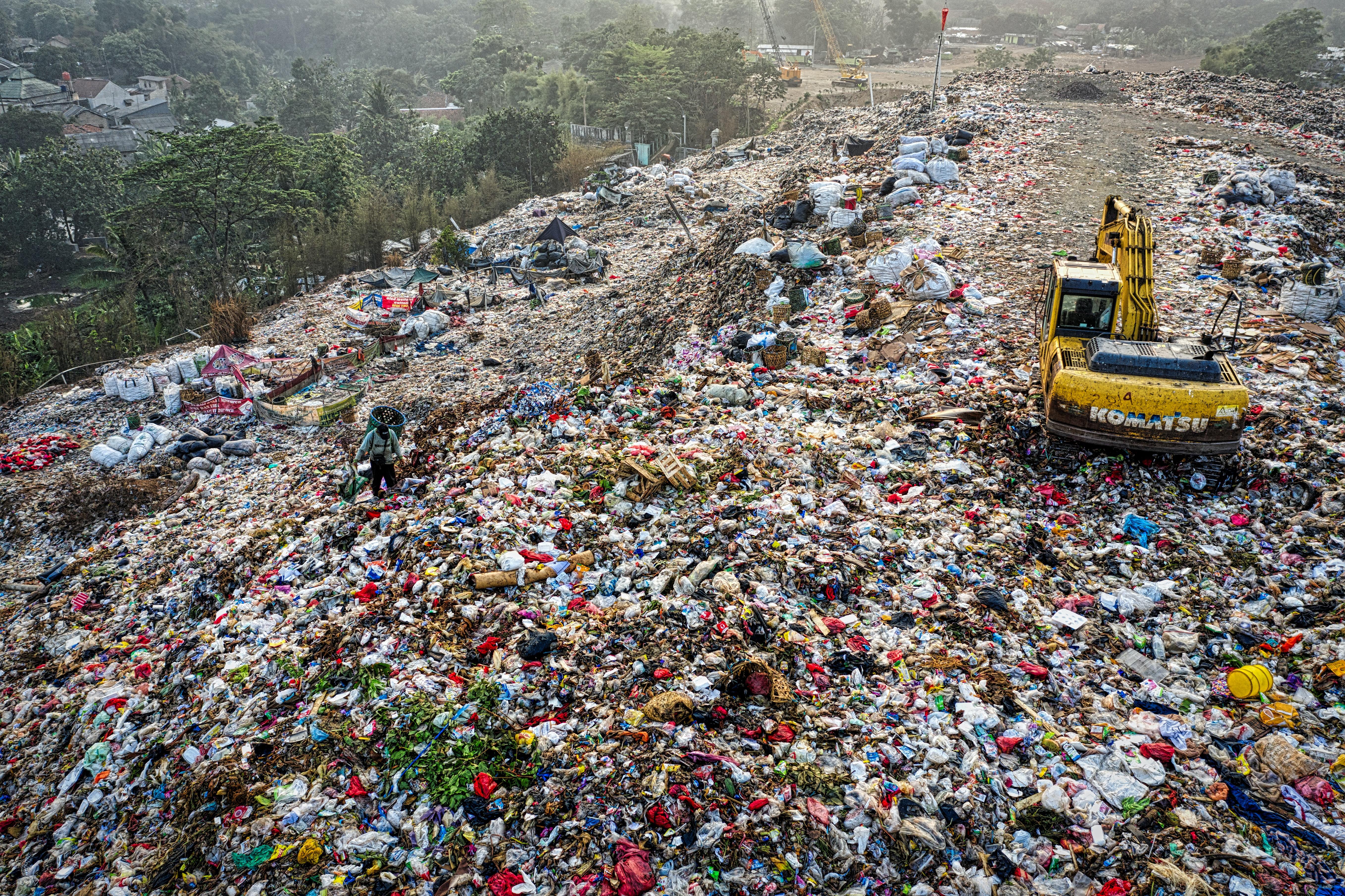
New Jersey Governor Phil Murphy signed the “Recycled Content” bill into law yesterday which both NJ chapters worked on over the past two years. The law, S-2515, will require a host of consumer products, many of them plastic, to contain a certain percentage of recycled content in the future. While we know we can’t recycle our way out of the plastics crisis we are in, this landmark legislation will nonetheless create demand for recycled material, strengthen markets for the same, and essentially make recycling work better. It closes the recycling loop so to speak.
The new law will:
- In two years, rigid plastic containers will include 10% post-consumer recycled content and this will increase until it becomes 50% by 2050
- In two years, plastic bottles will include 15% post-consumer recycled content and this will increase until it becomes 50% by 2045
- The law sets similar standards for glass containers, paper and plastic carryout bags, as well as plastic trash bags
- As an added bonus, this law bans expanded polystyrene (EPS) foam packaging peanuts
Surfrider Foundation joined every environmental group in the state in supporting this bill in its almost 2-year long journey through the legislature. It went through many hearings and several weakening amendments were added. For example, there are certain types of bottles that are exempted like bottles containing drugs. But in the end, it was still a big step forward so Surfrider and allies continued to support the bill.

Special thanks to the other groups who worked on this bill including Environment NJ, Clean Ocean Action, Beyond Plastics, Save Barnegat Bay, Clean Water Action, ANJEC, and the Sierra Club–NJ Chapter.
Surfrider Foundation will continue to fight for policies that reduce single-use plastics at the source like the federal Break Free From Plastics Pollution Act. But in the meantime, requiring recycled content in consumer products is a step in the right direction. We are all looking forward to more reusable and refillable options, better recycling, less diversion of plastics to landfills or incinerators, and a closed recycling loop.